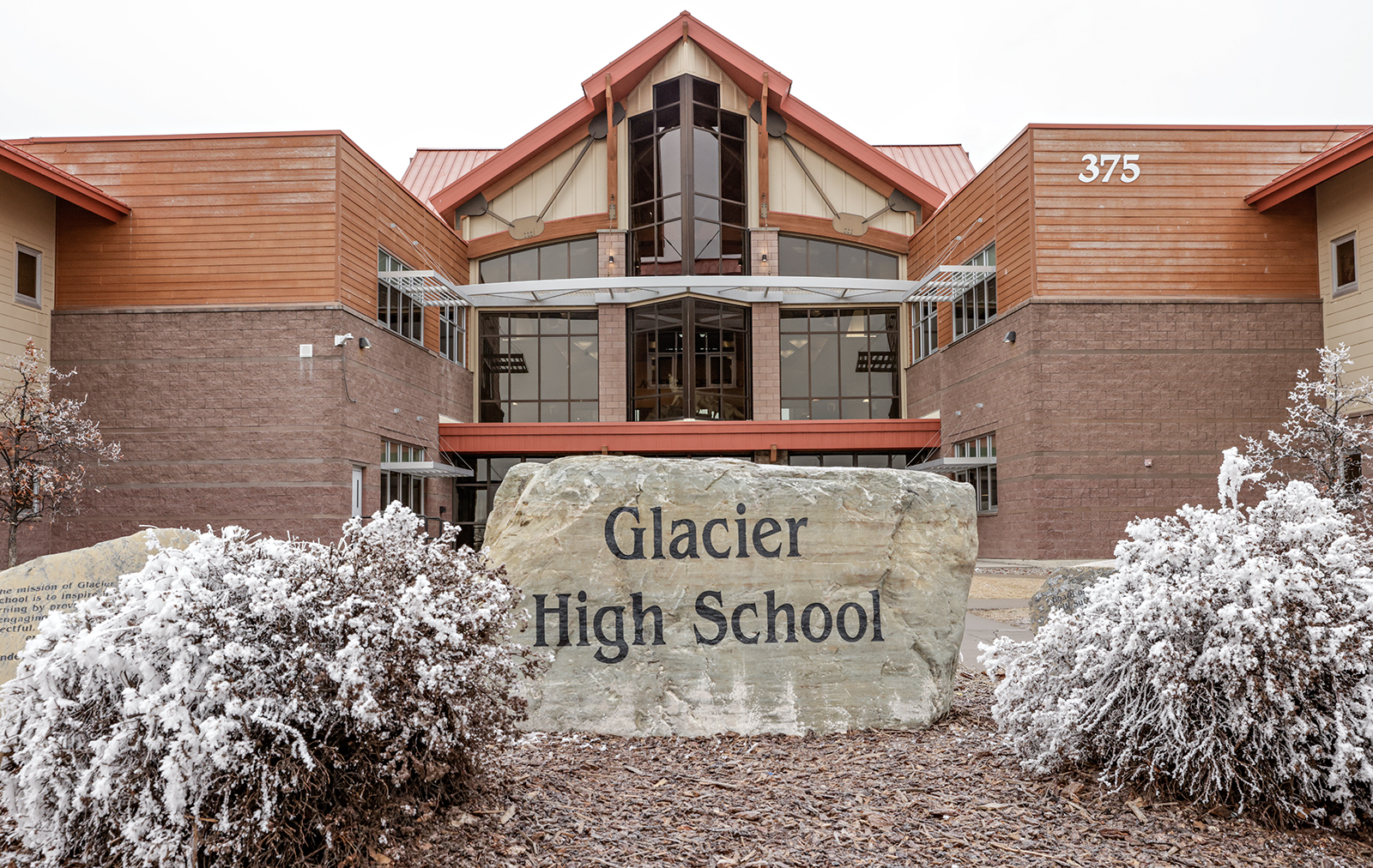Settlement Requires Montana Provide Students with Disabilities a Public Education up to Age 22
The settlement brings the state in line with federal law. Those who graduated in spring 2025 without a regular high school diploma can re-enroll during a 30-day special enrollment period.
By Mariah Thomas
School districts in Montana now have a mandate to provide students with disabilities a “free and appropriate public education” up to age 22, or until they graduate with a regular high school diploma, thanks to an Aug. 13 settlement in a class action lawsuit involving a student from Glacier High School.
U.S. District Court Judge Dana Christensen approved the Aug. 13 settlement between plaintiff Disability Rights Montana and defendants Superintendent of Public Instruction Susie Hedalen and Gov. Greg Gianforte. Montana is the last state to fall in line with Individuals with Disabilities Education Act (IDEA) requirements to educate students with disabilities in public schools up to age 22. The IDEA provides states with federal funding for special education and students with disabilities.
“This is a huge win for Montana students,” said David Carlson, executive director of Disability Rights Montana, in a press release. “Students with disabilities were being exited from school before earning a high school diploma and before they were ready to transition to post-secondary employment, education and independent living. Now students who need it will have the additional time that federal law allows to prepare for success as adults.”
Montana law had only required school districts to provide an education to students with disabilities up to age 19. For students aged 19-22, the Ninth Circuit Court of Appeals had previously ruled state-sponsored public adult education programs met the IDEA’s requirements. Students with disabilities aged 19-22 have had access to such programs through Montana’s Workforce Innovation and Opportunity Act. That act follows federal legislation first passed in 2014.
The settlement, however, now requires school districts to provide that education up to age 22.
Montana families with children “improperly exited” in the spring of 2025 can re-enroll their students for the 2025-2026 school year. “Improperly exited” students are those under age 22 who graduated with a modified diploma based on goals outlined in their individualized education program rather than a standard high school diploma. Commonly referred to as an IEP, those programs ensure children with disabilities receive the instruction and services they need.
School districts will send notices to families whose students are eligible to re-enroll. The special re-enrollment period for eligible students ends 30 days after a family is notified.
New guidelines from Montana’s Office of Public Instruction (OPI) state additional funding is available to help school districts with the cost of students’ re-entry. The guidance doesn’t spell out the exact amount of funding school districts will receive for re-enrolled students.
School districts will have to report names of students who received notifications, those who re-enrolled and those who did not respond to OPI by Dec. 1. In a statement about the settlement, OPI said it will “continue working with local school districts to ensure that every student exits high school prepared to succeed.”
The Glacier High student involved in the lawsuit goes by “A.K.” in court documents. He is a student with Down Syndrome. A.K. will turn 19 before Sept. 10 of the 2026-2027 school year. Under Montana law, his services would be terminated at the end of the 2025-2026 school year due to his age.
By that time, A.K. wouldn’t complete coursework to earn a regular high school diploma. Instead, he’d receive a modified diploma, based on completion of the goals in his IEP.
A.K.’s complaint, along with another plaintiff from Lewistown who went by “A.H.,” were representative of special education students across the state. Disability Rights Montana filed the suit in February. The organization tried to tackle the issue through legislation before taking it to court.